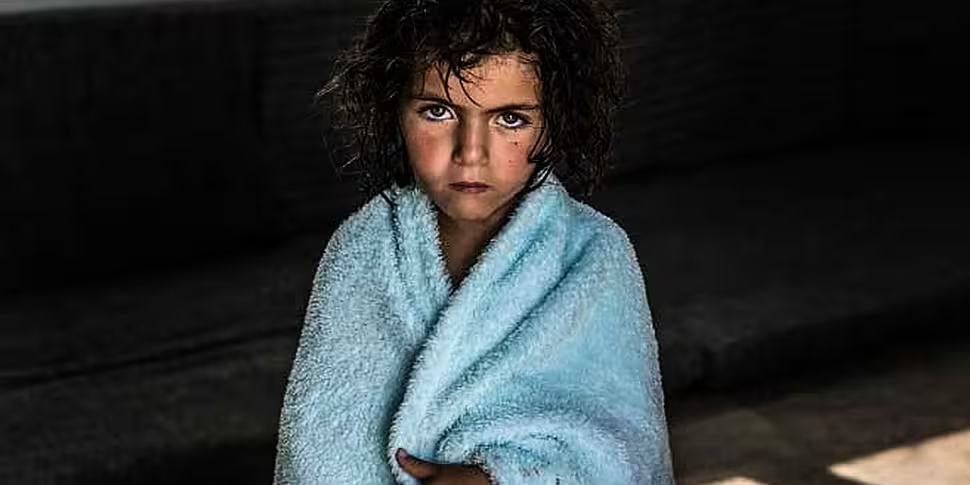Amnesty International has criticised Jordan for imposing restrictions on refugees trying to flee conflict in Syria.
Jordan has been accepting refugees since civil war broke out in neighbouring Syria in early 2011, and it says it is continuing to do so. However, Amnesty International says it has evidence that certain groups of people are being preventing from crossing into Jordan. They include single men, refugees from Iraq and from the Palestinian territories who were living in Syria, and people who lack proper identification documents.
The human rights organisation says Jordan needs international support if its to end border restrictions and continue to offer those fleeing conflict refuge. They have called for immediate action to step up international humanitarian aid and resettlement programmes in order to avert a worsening crisis.
'Growing restrictions, tough conditions'
Amnesty International's new report 'Growing restrictions, tough conditions: The plight of those fleeing Syria to Jordan' outlines how scores of people have been forcibly deported back to Syria. The agency has also said those who have been allowed to stay are struggling to access basic services.
"It is unacceptable that scores of people from Syria, including families with small children seeking refuge from the fighting, are being denied admission by neighbouring countries," said Philip Luther, Amnesty International’s Director of the Middle East and North Africa.
More than two million refugees have fled Syria sparking the worst humanitarian crisis of this decade. Most have found refuge in Lebanon, Jordan, Turkey, Iraq and Egypt. At least a further 4.25 million are displaced inside Syria.
"The influx of refugees has placed an enormous strain on countries in the region. Their resources are understandably stretched. However, this should not be used as an excuse for denying people entry or forcibly returning people to the conflict and humanitarian crisis in Syria," said Philip Luther.

Children prepare food at their temporary dwelling in a refugee camp
Trapped at the border
Border restrictions imposed by the Jordanian authorities combined with fighting in border areas have left thousands of displaced people indefinitely trapped near the border with Jordan. Families told Amnesty International that they were turned back by Jordanian border officials. One woman, with six children, said their passports were stamped "return within one month". She said that she and her children were forced to sleep on the road near the border with about 100 other families. They struggled to survive by eating whatever fruit they could find on nearby trees. After one month of waiting they were still denied entry and were forced to return to a nearby Syrian town.
For those who have been granted entry to Jordan - forced deportation is an additional risk. The Jordanian authorities told Amnesty International that they would not return anyone to Syria. However, in August 2012 some 200 refugees were deported back to Syria by the authorities after protests broke out at Za’atri refugee camp.
Forcible deportations
Information obtained by the organisation indicates that scores of other individuals have since been returned.
"Refugees who have fled the conflict in Syria are entitled to international protection. Forcibly returning such individuals to Syria is an appalling violation of human rights standards," said Philip Luther.
Dangerous conditions
Residents at Za’atri, the largest refugee camp in Jordan hosting some 120,000 Syrian refugees, told Amnesty International that they face difficulty accessing basic services and an adequate standard of living.
Access to clean drinking water, high levels of criminality and poor security were among the biggest challenges cited by refugees living in Za’atri. Only half of the children eligible for school were registered to attend formal education in the camp. Amnesty International met a number of children as young as 12 at the camp who were working to support their families and did not attend school.
Women and girls at Za’atri also said they live in fear of sexual violence or harassment. Many said they were too scared to go to the toilets alone at night for fear of being harassed. Doctors said women at the camp were increasingly developing urinary tract infections from frequently restraining themselves from using the toilets for long periods.
Others reported being approached by Jordanian men looking for "brides".
More than 100,000 people are estimated to have died so far in conflict in Syria.
For more, read the report on Amnesty's website.









